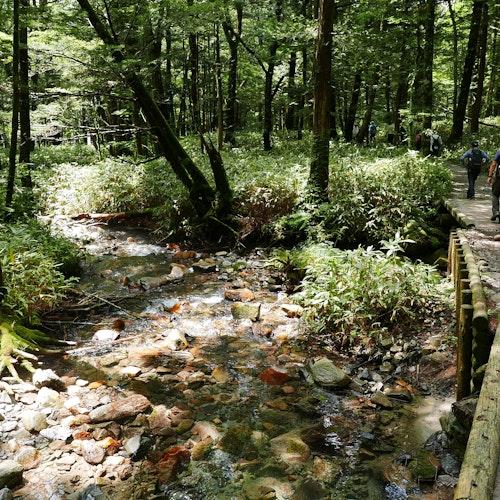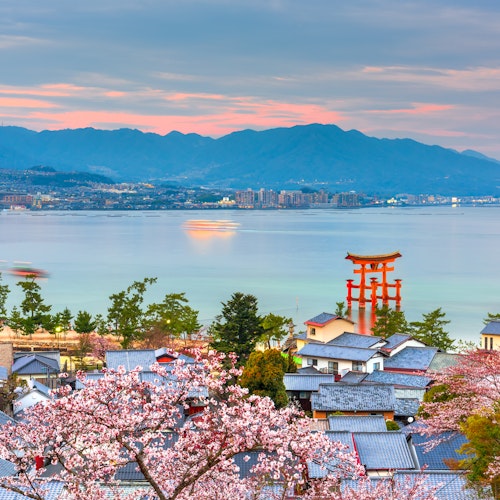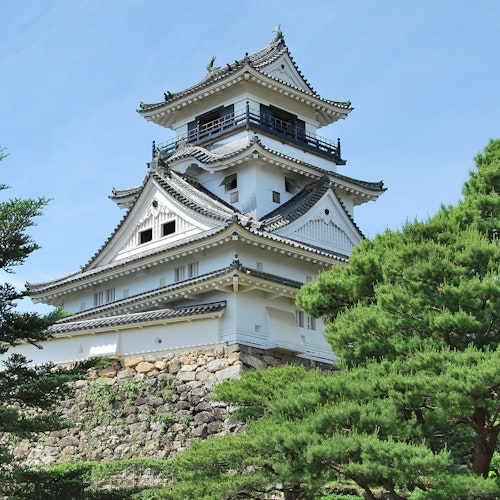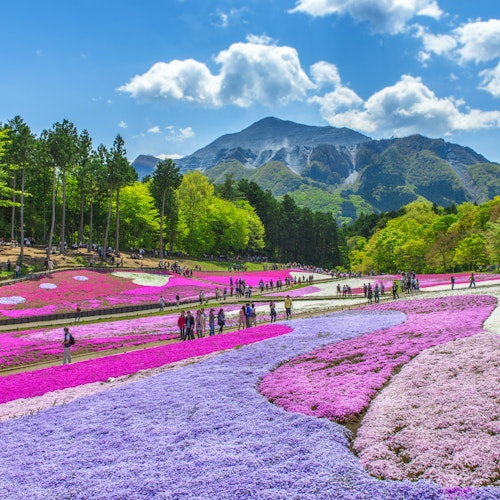Why Jimbocho Is the Coolest City in the World

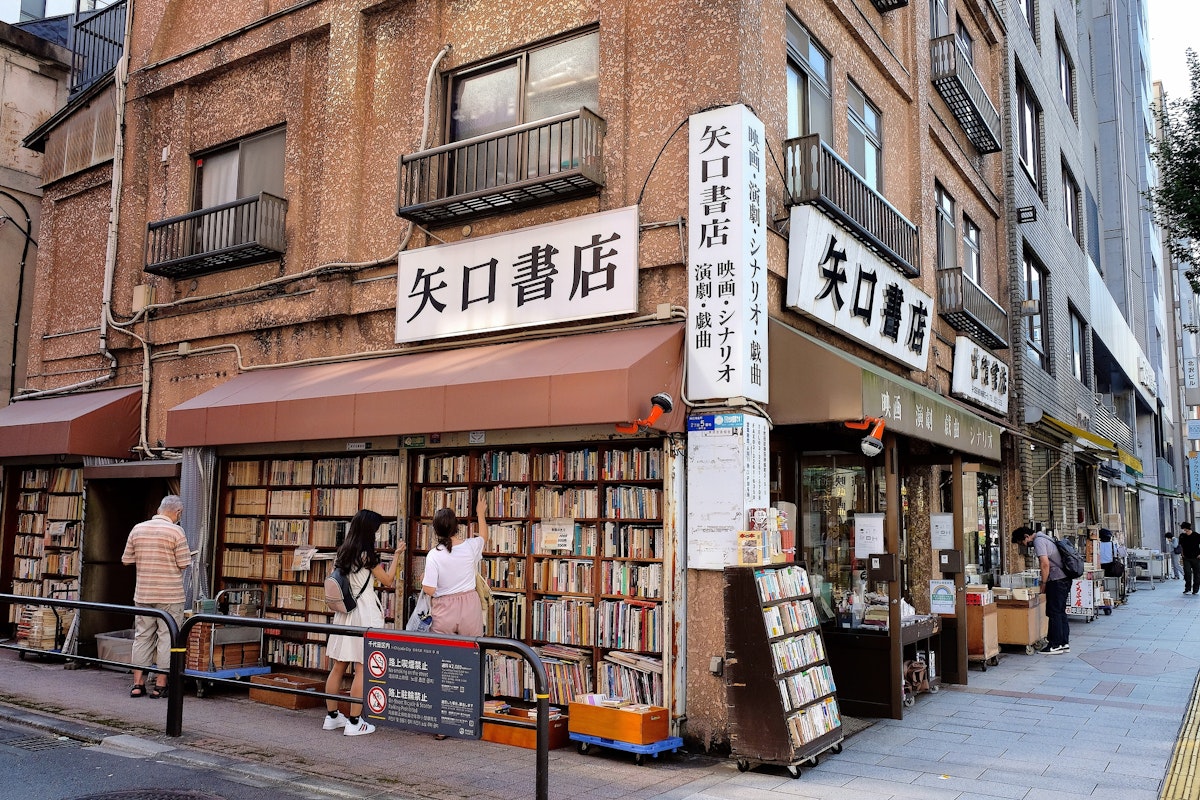
There's a special corner of Tokyo that has captured the hearts of book lovers, cultural enthusiasts, and urban explorers around the globe. In 2025, Time Out revealed that Tokyo's Jimbocho is ranked No. 1 on its annual list of the World's Coolest Neighbourhoods, cementing its status as the most vibrant and culturally significant neighborhood on the planet.
But what makes this historic literary hub so irresistibly cool? Let's explore the charm, character, and undeniable allure of Jimbocho.
Jimbocho Tokyo: Japan's Premier Book District and Cultural Icon
Jimbocho, formally known as Kanda-Jimbocho, stands as a "bibliophile nirvana" that has earned recognition far beyond Japan's borders. This district is home to over 150 book shops as well as publishing houses, universities and libraries, with each shop unique and carrying a different range of books, from brand new books to very expensive rare books.
What sets Jimbocho apart from other book markets worldwide is not just the sheer number of bookstores, but the depth of its literary culture and the passionate community that preserves it.
The Rich History of Jimbocho: From Samurai Land to Book Town
The neighborhood's roots go back to 1689 when samurai Jimbo Nagaharu was granted land in the area—giving the district its name. This historical foundation provided the neighborhood with a sense of identity and place that would prove essential to its future development. For nearly two centuries, Jimbocho remained a quiet residential area until a dramatic turning point transformed it forever.
The Birth of Tokyo's Book Culture: 1880s Onward
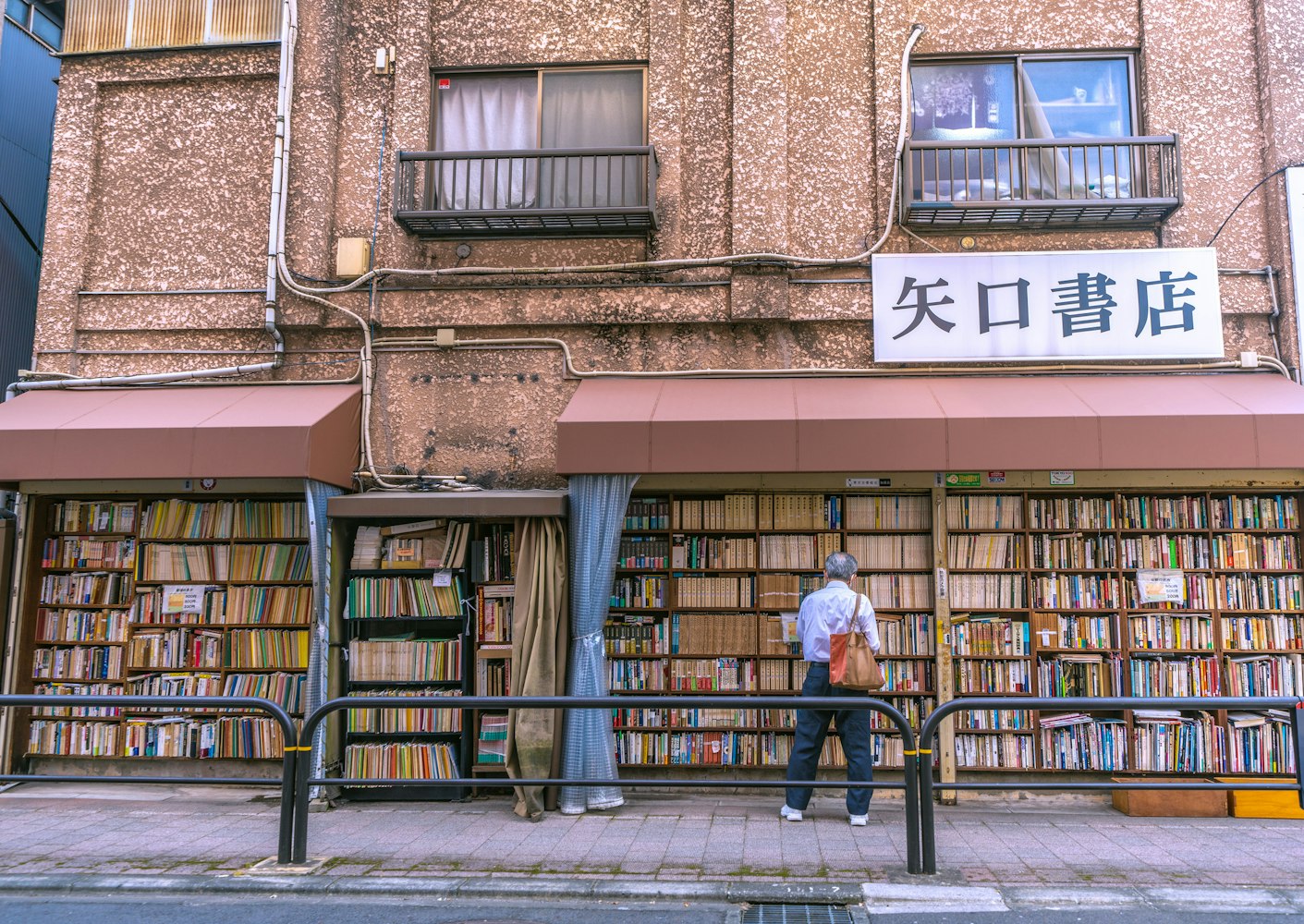
The true transformation of Jimbocho into the world's premier book destination began in the 1880s. The book town can trace its roots to the early 1880's when several law schools were founded in the Kanda-Jinbōchō area.
This was followed by the opening of several bookstores that served the needs of the students, many of whom sold off their textbooks by the end of the semester. This practical arrangement created the foundation for what would become a thriving used bookstore ecosystem.
Over the following decades, publishers, academic institutions, and book dealers established themselves in the neighborhood, attracted by the concentration of educational institutions and the growing book trade. Jimbocho is home to several specialized academic institutions and research centers. The Literature Preservation Society and the Tokyo Book Binding Club are located in the area, contributing to the preservation and study of Japan's literary heritage.
Why Jimbocho Is Growing in Popularity
In our increasingly digital world, there's a paradoxical hunger for tactile, authentic experiences. Jimbocho perfectly embodies this trend—a neighborhood where people can touch, flip through, and discover physical books in an age dominated by screens.
Social media has played a significant role in introducing younger generations to this hidden gem, with travelers sharing images of cozy bookstores, vintage finds, and the neighborhood's timeless charm.
What's particularly notable is that Jimbocho has managed to remain authentic while attracting younger visitors. New independent cafes, art galleries, and creative spaces have opened alongside century-old bookstores, creating a dynamic blend of old and new that appeals to diverse demographics without sacrificing the neighborhood's literary soul.
Must-Visit Jimbocho Attractions and Recommendations
Iconic Bookstores and Literary Landmarks
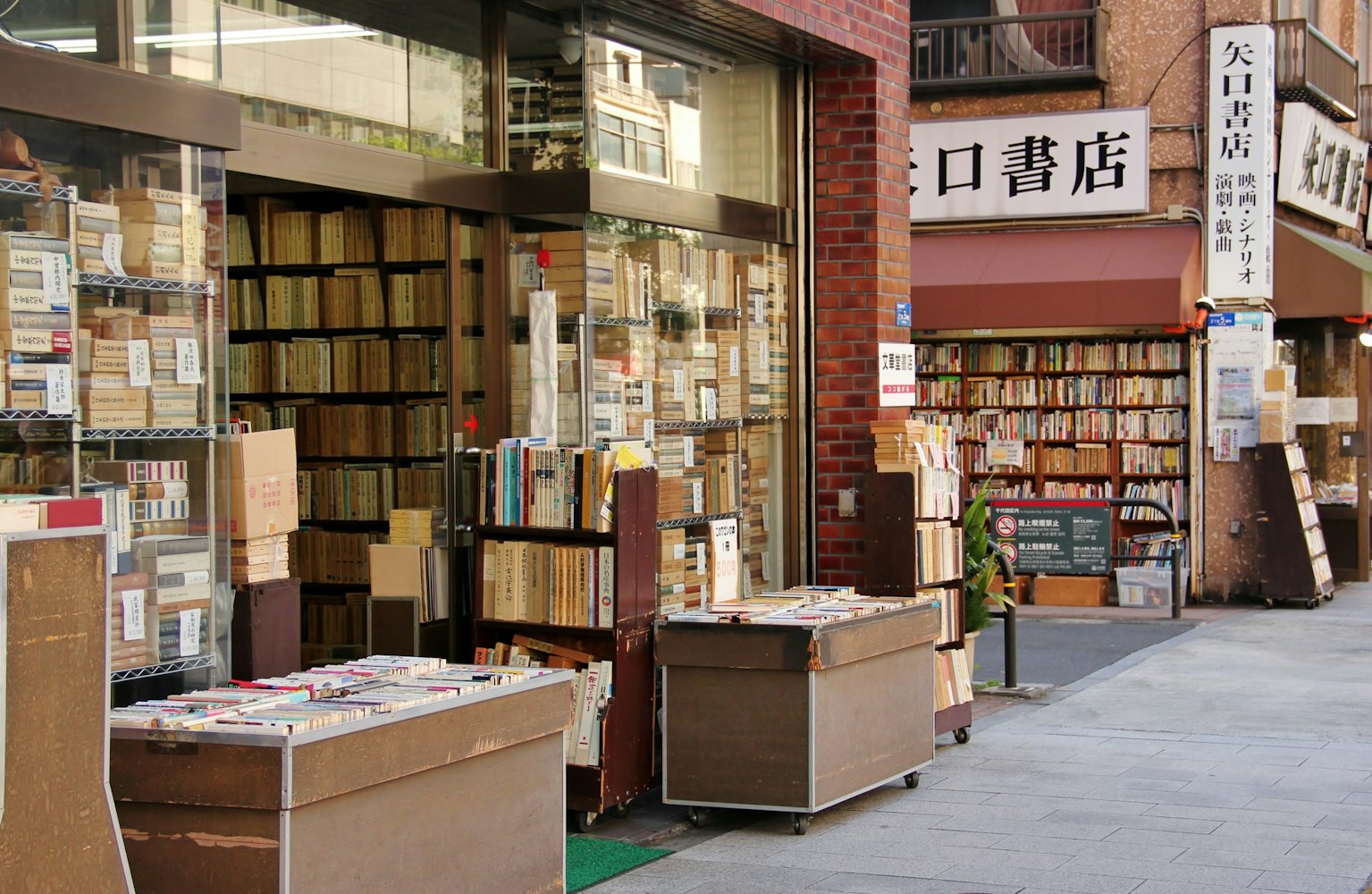
No visit to Jimbocho is complete without exploring its legendary bookstores. "Kitazawa Bookstore," founded in 1902, is a used bookstore specializing in foreign books located a 1-minute walk from Jimbocho Station. They mainly focus on English and American literature and humanities, constantly stocking approximately 12,000 books. This institution represents the quality and curated selection that defines the neighborhood's best establishments.
Beyond Kitazawa, the district features specialized shops dedicated to art, philosophy, vintage manga, history, and countless other genres. Whether you're searching for a rare first edition, a forgotten classic, or simply browsing for serendipitous discoveries, Jimbocho's bookstores offer something for every literary taste and budget.
Exploring the Perfect Literary Walking Tour
Begin your Jimbocho experience at Jimbocho Station and allow yourself to wander. The beauty of this neighborhood lies in its organic discovery process. Walk the narrow streets lined with bookstore facades, each storefront a window into different literary worlds. Peak inside shop windows, chat with passionate booksellers who often have fascinating stories about their collections, and don't hesitate to ask for recommendations.
Café Culture and Creative Spaces
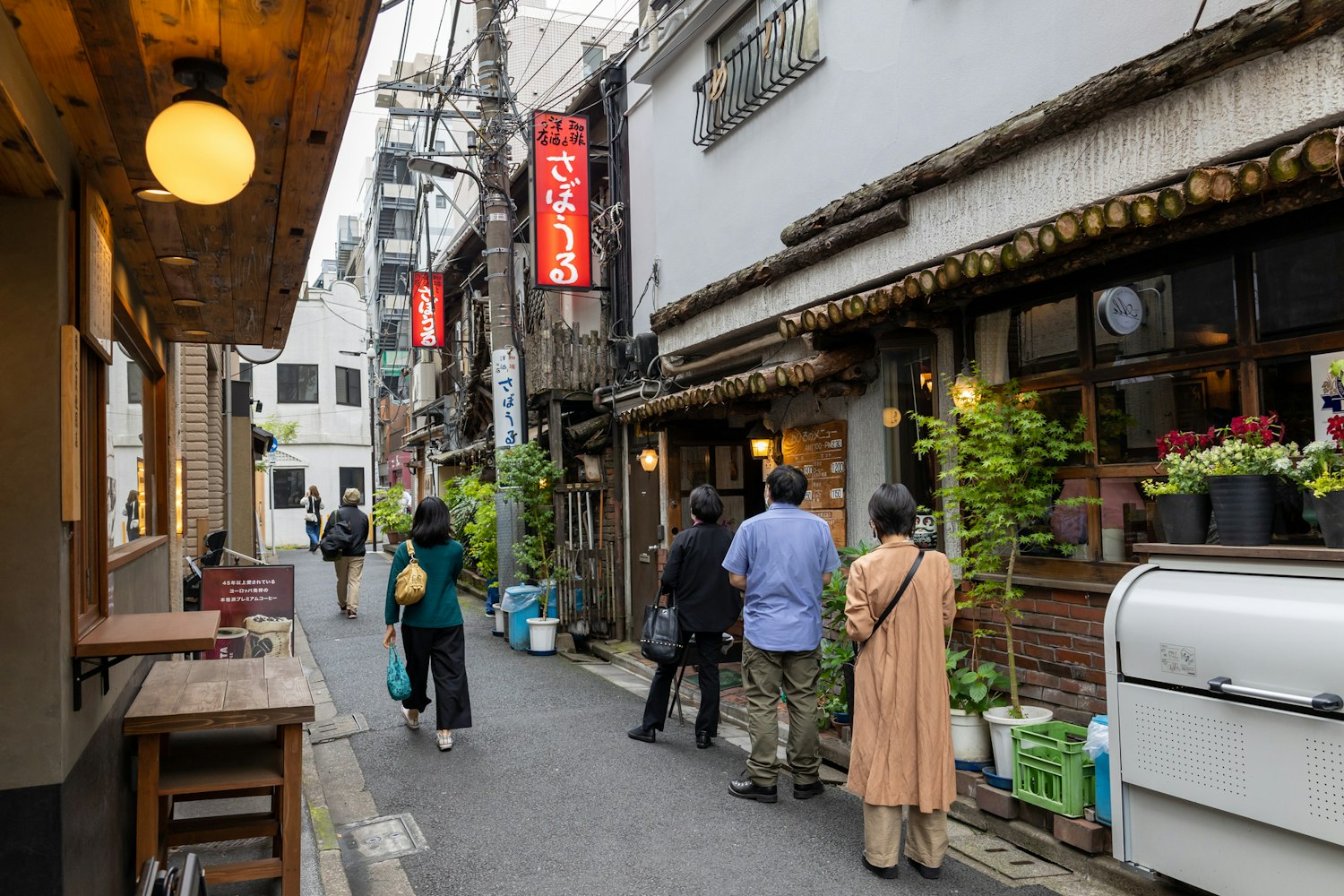
Jimbocho's growing reputation includes its emergence as a haven for independent coffee shops, tea houses, and creative cafes. These establishments have become natural gathering spaces for writers, students, artists, and visitors alike. Pair your bookstore browsing with a carefully crafted coffee or traditional Japanese tea at one of these welcoming venues.
Art Galleries and Cultural Institutions
Complementing its literary focus, Jimbocho hosts contemporary art galleries and exhibition spaces including venues like Yon, which functions as an art gallery, bar, and listening room simultaneously.
These venues showcase works by emerging and established artists, often with themes related to literature, history, or Japanese culture. The integration of visual arts into the neighborhood's cultural landscape reflects Jimbocho's evolution as a multifaceted creative district.
The Publishing House Heritage
For those interested in Japan's publishing industry, exploring the neighborhood reveals the headquarters and offices of major Japanese publishing companies. This institutional presence underscores Jimbocho's historical importance in Japanese literature and knowledge production, making it a pilgrimage site for anyone passionate about books and publishing.
Practical Tips for Planning Your Jimbocho Visit
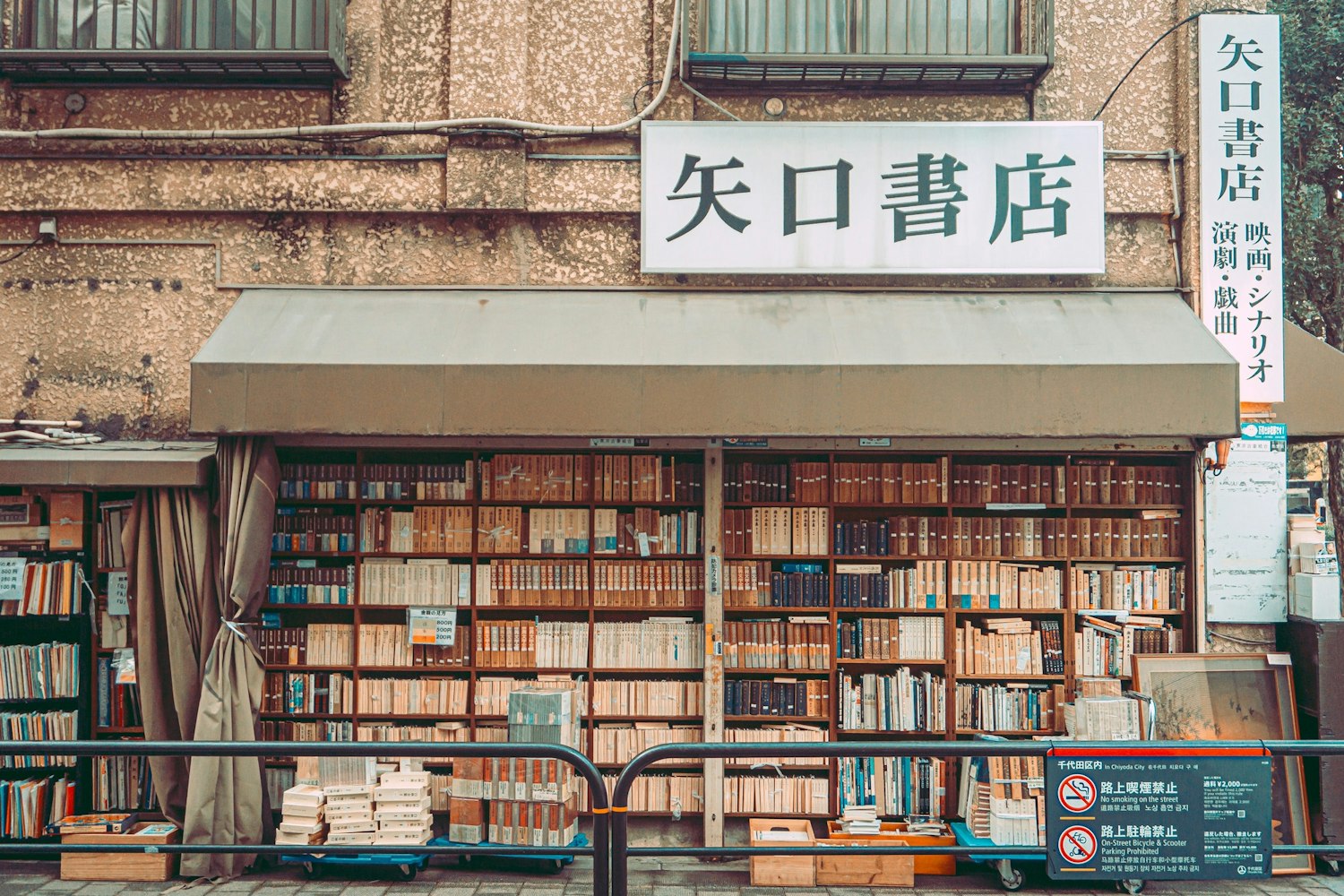
Getting There: Jimbocho is easily accessible via the Tokyo Metro. Take the Tozai, Shinjuku, or Marunouchi lines to Jimbocho Station.
Best Time to Visit: Weekday mornings offer a quieter, more contemplative experience, while weekends bring vibrant energy and more crowded shops. Choose based on your preference for atmosphere.
How Long to Spend: Plan for at least half a day, though a full day allows for thorough exploration and unhurried browsing. Literature lovers could easily spend multiple visits discovering different shops and sections.
Language Considerations: While many bookstores focus on Japanese texts, plenty of foreign language books are available throughout the district. Shop owners, particularly in foreign bookstores, often speak English and appreciate genuine book lover enthusiasm.
Shopping Etiquette: Take your time browsing. Jimbocho's booksellers value thoughtful customers and are generally happy to discuss recommendations and rare finds. Most shops accept cash and cards.
The Enduring Magic of Jimbocho
Jimbocho's ascent to Time Out's #1 coolest neighborhood in the world isn't a flash-in-the-pan viral moment. Instead, it represents global recognition of something precious: a living, breathing testament to the enduring power of books, community, and cultural preservation. In an increasingly homogenized world of shopping malls and chain stores, Jimbocho remains defiantly authentic, fiercely independent, and utterly enchanting.
This isn't just a neighborhood for tourists to check off a travel list. It's a destination for anyone who believes in the magic of books, the value of human connection, and the importance of preserving cultural heritage. Whether you're a serious collector hunting for rare editions, a casual reader searching for literary treasures, or simply someone seeking a corner of Tokyo where time moves differently, Jimbocho welcomes you.
